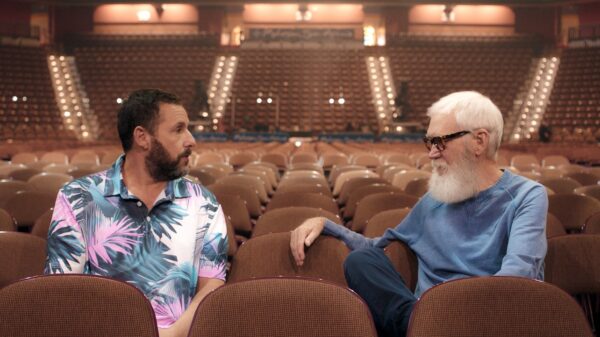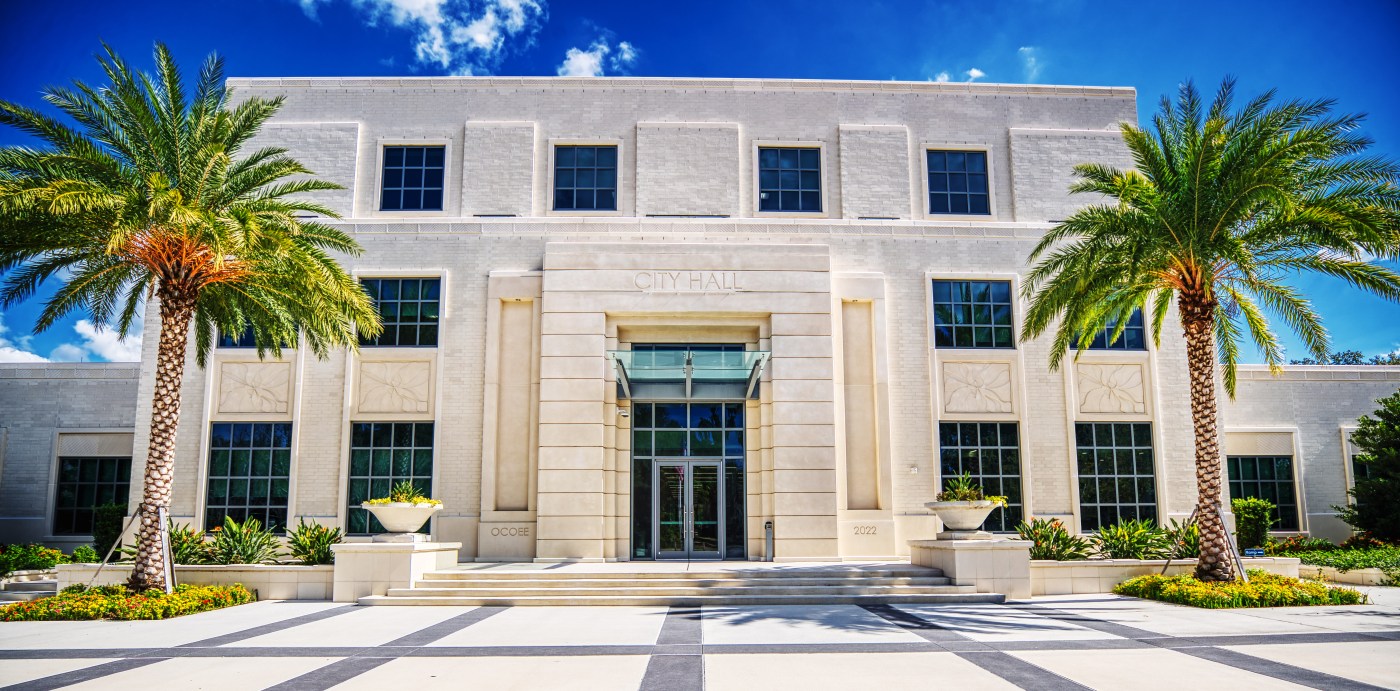Authorities in Ocoee, Florida, have increased the number of arrests of homeless individuals in recent weeks. This shift follows the implementation of a state-wide camping ban that took effect on January 1, 2025. The ordinance allows residents and business owners to take legal action against local governments that do not enforce the ban on camping in public spaces.
In the first eight months of 2025, Ocoee Police recorded no arrests related to this law. However, between August 28 and September 17, five individuals were arrested for violations, according to court records. The arrests primarily involved men in their mid-fifties, who were found sleeping in public areas, including near a gas station and outside City Hall.
The Ocoee Police Department responded to inquiries about the arrests, stating, “Officers are trained to use discretion and prioritize outreach where possible.” The department emphasized that arrests are a last resort, typically occurring after multiple warnings and attempts to provide services have failed.
Ocoee has maintained its own no-camping ordinance since 2001, which prohibits camping on public property unless designated. The police clarified that individuals involved in the recent arrests had received prior warnings and were informed of available shelter options.
One of the individuals arrested, **Rafael Gomez**, 42, reportedly did not know about the camping ban. According to his arrest affidavit, he was approached by officers while sleeping on a bench outside City Hall. Upon being educated about the ordinance, Gomez, who is Black, alerted officers to a loaded firearm in his possession. The police confirmed the weapon was legally registered, and Gomez was subsequently taken to county jail, where he spent one day and received a fine of **$223**.
Housing advocates are expressing concern over the rise in arrests, arguing that punitive measures are not an effective solution to homelessness. **Scott Billue**, founder and CEO of Matthew’s Hope, stated, “You cannot arrest homelessness away.” He highlighted the lack of adequate shelter beds in the region, indicating that many individuals would seek shelter if suitable accommodations were available.
**Martha Are**, CEO of the Homeless Services Network, echoed these sentiments during a phone interview. She noted that the anti-camping law aimed to encourage municipalities to develop more shelters and transitional housing. “Unfortunately, we don’t have enough shelter beds for everyone who needs them,” Are said, emphasizing the need for community support and political will to address the issue.
The legislation was intended to motivate local governments to create secure camping areas equipped with essential services. Are pointed out that the state’s funding for organizations aiding the homeless, amounting to **$30 million**, was not renewed for the current fiscal year, complicating efforts to address homelessness effectively.
Despite these challenges, advocates like **Eric Gray**, executive director of the Christian Service Center, acknowledged that Ocoee is finally paying attention to homelessness. He expressed hope that the city would recognize that arresting individuals is not a sustainable solution.
“The size and scope of the problem is not just a handful of individuals,” Gray remarked. “They’re gonna have to develop resources for people in their community.”
Are reiterated that arresting individuals does not reduce homelessness or expedite their transition into permanent housing. “Even though jurisdictions may feel they have no other options, that does not mean that it’s a good or effective option,” she said. The path forward, according to Are, involves building shelters and housing to address the underlying issues of homelessness in the community.
As the situation evolves, Ocoee faces the challenge of balancing public concerns about homelessness with the need for compassionate and effective solutions.






































































